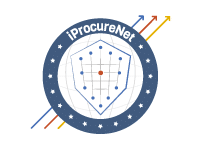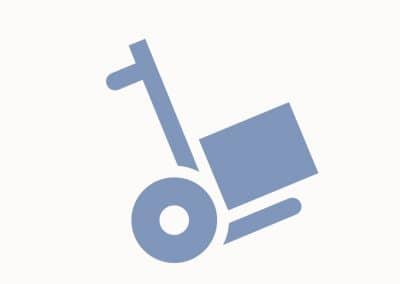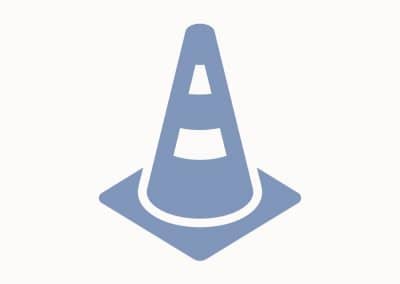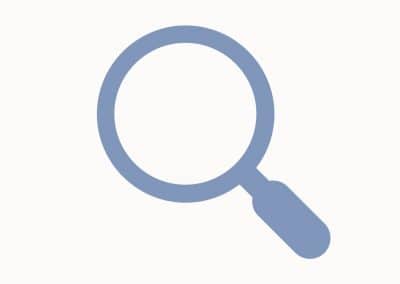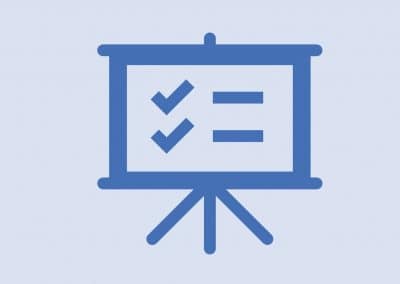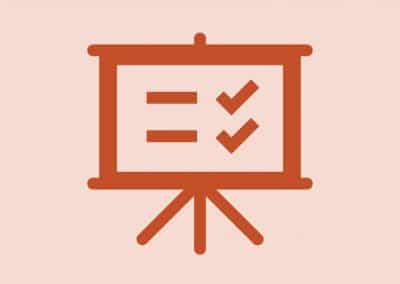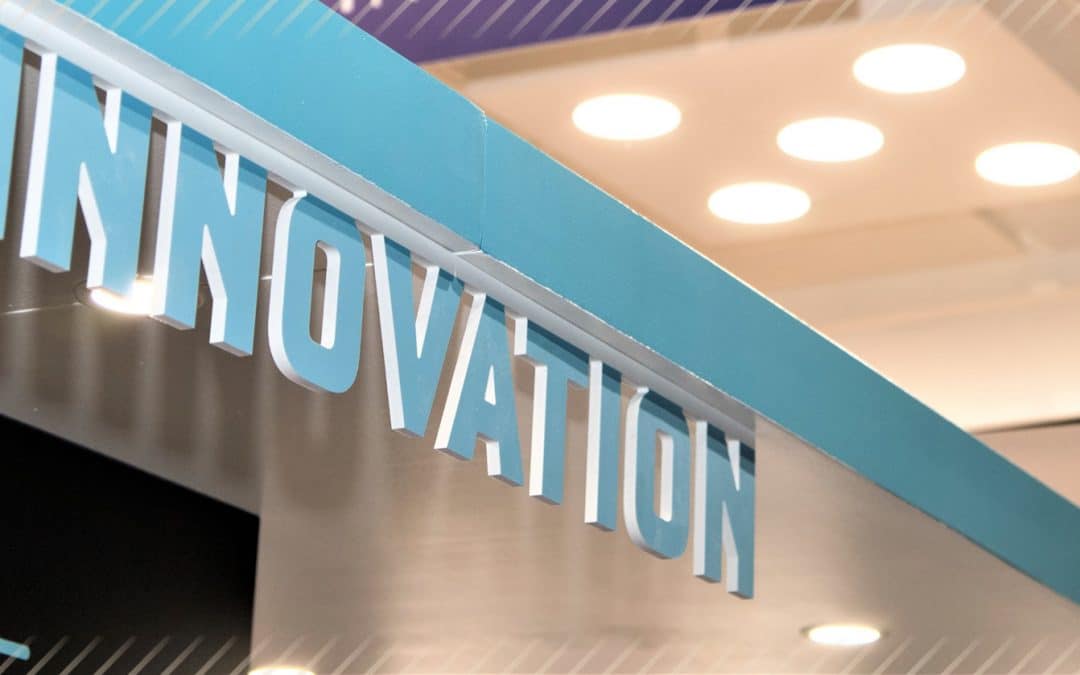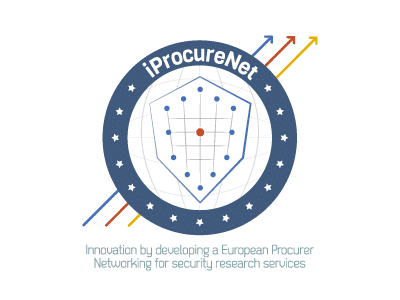The iProcureNet Annual Conference for 2021 gathered 6 fascinating talks and presentations from DG Home, French Ministry of Interior, Estonian Border Police, Portuguese Criminal Police, Ministry of Interior of the Slovak Republic, French National Procurement Agency, as well as representatives of the following projects/initiatives in two seperate roundtable: i-LEAD, ILEAnet, ENCIRCLE, PEN-CP, FOLDOUT, SPARTA, NAAS and Broadway.
Today, the spotlight is on the presentation from Jozef Kubinec, iProcureNet WP4 Leader from the Ministry of Interior of the Slovak Republic, titled ‘Joint cross border public procurement: Experiences obstacles, pitfalls’.
In his presentation, Jozef Kubinec disseminated the results of the 1st iProcureNet survey on JCBPP.
A live poll was run among participants to find out how common JCBPP is in current procurement practice. To the question of “Have you already taken part in a joint cross-border public procurement”, participants gave the following answers:
- 8% have taken part in a JCBPP
- 92 % have not
Based on these results and from answers obtained during the survey, it can be concluded that JCBPP is a relatively rare procedure in the public procurement environment.
Several important questions were raised from the audience during the presentation:
- Does JCBPP require one Member State authority to take the lead? The answer is that it depends on the method chosen. If the institutions use the services of a central procurement body from one of the member states, the partners do not need to agree on one member state authority to take the lead. The national provision of the member state where the central procurement body is located is used. If several institutions jointly award a public contract, there must be one leader because the tender needs to be done according to a given jurisdiction.
- To what extent are the experiences with PCP relevant for other types of procurement, taking into account that PCP is exempt from the Directive? The answer is that in general, some experience with PCP can also be relevant for other types of procurement procedures under the directive 2014/24/EU,g. good practices in managing the consortium and managing the procurement procedure as deciding on the evaluation of tenders.
- Has financial management among public buyers or ownership of procurement results been studied? Are they considered obstacles to JCBPP? These were not directly identified in the answers as the obstacle to JCBPP. However, intellectual property rights need to analysed more in the next cycle. The suitable work package to analyse it would be in WP3 or WP5. In the case of a PCP, questions related to the ownership of the results are essential if one wants to go through a standard procedure afterwards.
- Concerning the three examples on Defence and Security: were they done under the terms of the Directive on Public Procurement for Defence and Security, or does this only refer to the application of goods and services procured? Answers were that it applies only to the goods and services that were procured. Two were examples of PCP, which were exempt from the Directive 2014/24/EU; one was done as public procurement tender according to the jurisdiction of one participating contracting authority.
Stay tuned and join our Network+Community for more opportunities to learn and exchange about JCBPP.
